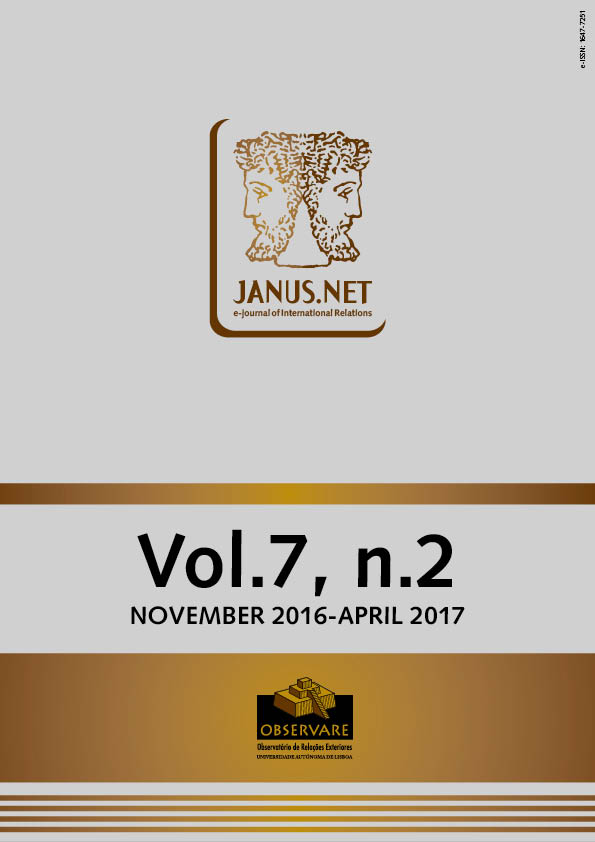This article examines the new digital landscape postulated in the network society theory advocated by Castells (2000), as well as a contextual framework. Assuming the virtual exists and produces effects (Lévy, 2001), we consider that we are witnessing a change of paradigm in social communication. If from a Communication point of view we are facing individualisation, the social paradigm shift is evident. The new perspective inculcated by digital tools is the socialisation and the maximisation of the collective. In this article, we assume that the relational ties in asymmetric social networks (which do not involve reciprocity between nodes) that take place in social media platforms is content. In this sense, and taking a multidisciplinary perspective, we consider that the technique of appropriation shows a mapping of structures that are technically mediated interactions and enhanced by technology. We present an empirical study based on the method of triangulation, crossing document analysis with netnography. Analysing groups and Facebook pages as supports, where communication is recontextualised through disaggregated distribution and different types of interaction, we aim to categorise and understand the social representations of the Lusophone. The main objective of this paper is to examine whether Facebook, as an area of digitally mediated interactions and disaggregate content sharing, can induce a reconstruction of the significance of social networks and representations of the Lusophone, promoting the creation of a single social group, or at least a grouping with some homogeneity.
Assistant Professor of the Autonomous University of Lisbon (Portugal), where she is a Coordinator. She holds a degree in Communication Sciences and a Master’s in Applied Communication Undergraduate Programme. Professor at Superior Miguel Torga Institute, vicepresident of the Scientific Council and Scientific Coordinator of the Multimedia graduate programme and post-graduate course in Audiovisual and Multimedia. PhD in Communication Sciences. She teaches Digital Communication. She has developed research on sociability in digital social networks, digital literacy, active and aging technology, as well as media consumption in
the digital age. She has participated in international research projects such as EMEDUS and various actions of COST. She is a member of IAMCR, ECREA, INSNA and SOPCOM. She is also a co-founder of the Portuguese Association of Training and Distance Learning.
Assistant Professor at the University of Cape Verde (Cape Verde), Coordinator of the undergraduate Journalism programme. PhD in Communication Sciences and Sociology of Communication and Information from the University of Minho, associated with this title is
European Doctorate. He is president of MEDIACOM - Cape Verdean Association of Communication Sciences. He has investigated media concentration, freedom of the press, as well as Lusophones and political communication. He won the Grande Prémio Cidade Velha with the doctoral thesis (Ministry of Culture of Cape Verde) and the Orlando Pantera Awards with An Essay on Liberty in
West Africa. The Competition Office for Social Communication approved the publication of his Master's thesis in a book and The WAF Editora contest approved the publication of a book of poems. Fellow of the Foundation for Science and Technology (PhD), Calouste Gulbenkian
Foundation (Master’s) and the Cape Verde government (undergraduate degree).
Resumo
Palavras-chave
Como citar este artigo
Amaral, Inês; Évora, Silvino Lopes (2016). “Lusophone interfaces: the lusophone network on Facebook”. JANUS.NET e-journal of International Relations, Vol. 7, Nº. 2, November 2016- April 2017. Consulted [online] on the date of last consultation, http://hdl.handle.net/11144/2786
Article received on 18 December, 2015 and accepted for publication on 15 June, 2016















